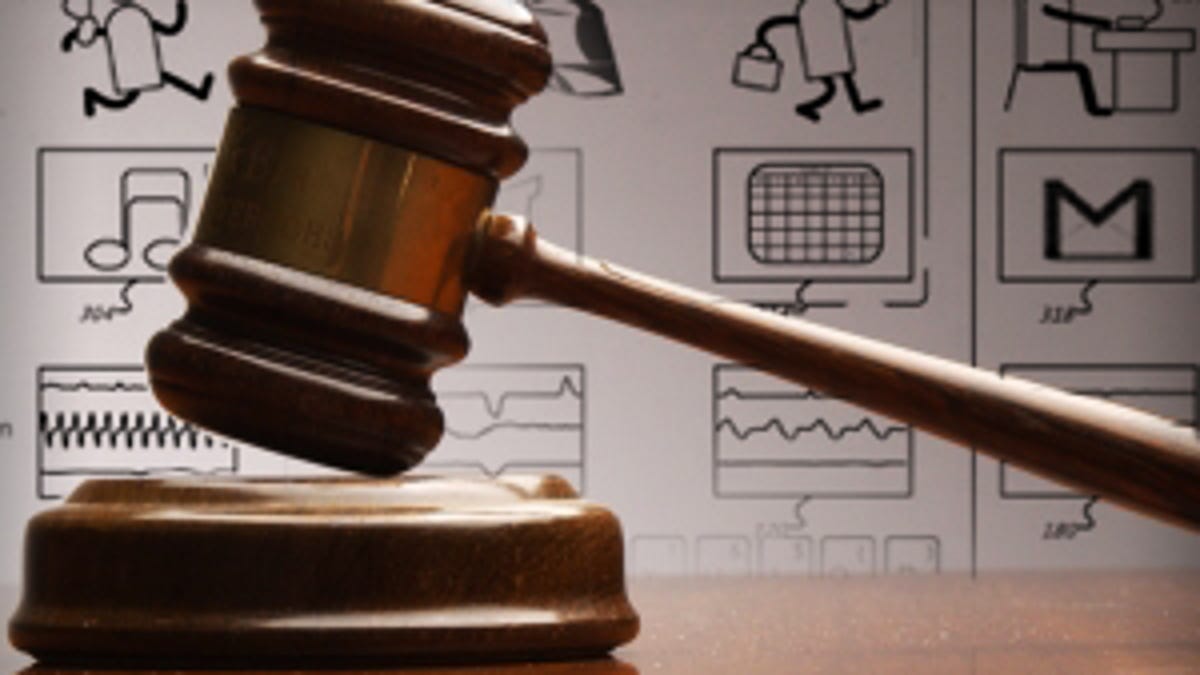Lodsys drops patent lawsuit after Kaspersky Lab refuses to settle
Security software maker says it paid nothing and there were no settlement agreement with the patent assertion entity, commonly known as a patent troll.

Lodsys, which has pursued high-profile patent infringement cases against many in the tech industry, has withdrawn its lawsuit against Kaspersky Lab after the security software maker refused to settle.
The May 2012 lawsuit, which was dismissed with prejudice on Monday, accused Kaspersky Lab and 54 other companies of infringing on patents related to collecting customer perception, free-to-paid application upgrades, and in-app purchases. Of that group, all eventually settled with Lodsys, except Kaspersky, the researcher noted in a statement Wednesday.
Kaspersky said it paid no money to Lodsys nor agreed to any settlement terms with the patent assertion entity. PAEs, which are created to extract licensing fees from other companies rather than make products based on the patents they hold, are commonly referred to as patent trolls.
"Our position is firm. No concessions to the trolling scum and IT racketeers," Kaspersky CEO Eugene Kaspersky said in a statement. "We call on all other IT companies to keep on fighting and not give up. Only then will it be possible to get rid of the patent parasites once and for all."
CNET has contacted Lodsys for comment on the dismissal and will update this report when we learn more.
The Electronic Frontier Foundation, a nonprofit digital rights group, suggested that Lodsys withdrew its claim to avoid a negative ruling on the merits of its claims.
"Faced with the prospect of having to actually prove its case, Lodsys surrendered," EFF staff attorney Daniel Nazer wrote in a blog post Wednesday. "Lodsys would rather get nothing than see a binding decision on the merits of its claims."
The percentage of patent infringement lawsuits filed by PAEs has increased dramatically in the past few years. According to a study conducted last year by a patent law professor in California, about 62 percent of all patent lawsuits filed in 2012 up to December 1 were brought by PAEs, while PAEs were behind about 29 percent of patent litigation brought two years earlier.
Lodsys first attracted widespread attention in 2011 when it sent letters to Apple iOS and Android developers notifying them that their mobile applications were infringing on four patents. The company sought a percentage of each application developer's revenue. Apple responded that its licensing agreement with Lodsys covers its developers, a claim that Lodsys has rejected.
Previous Lodsys tech targets have also included Samsung, Hewlett-Packard, Brother, and Motorola.
(Via Ars Technica)

